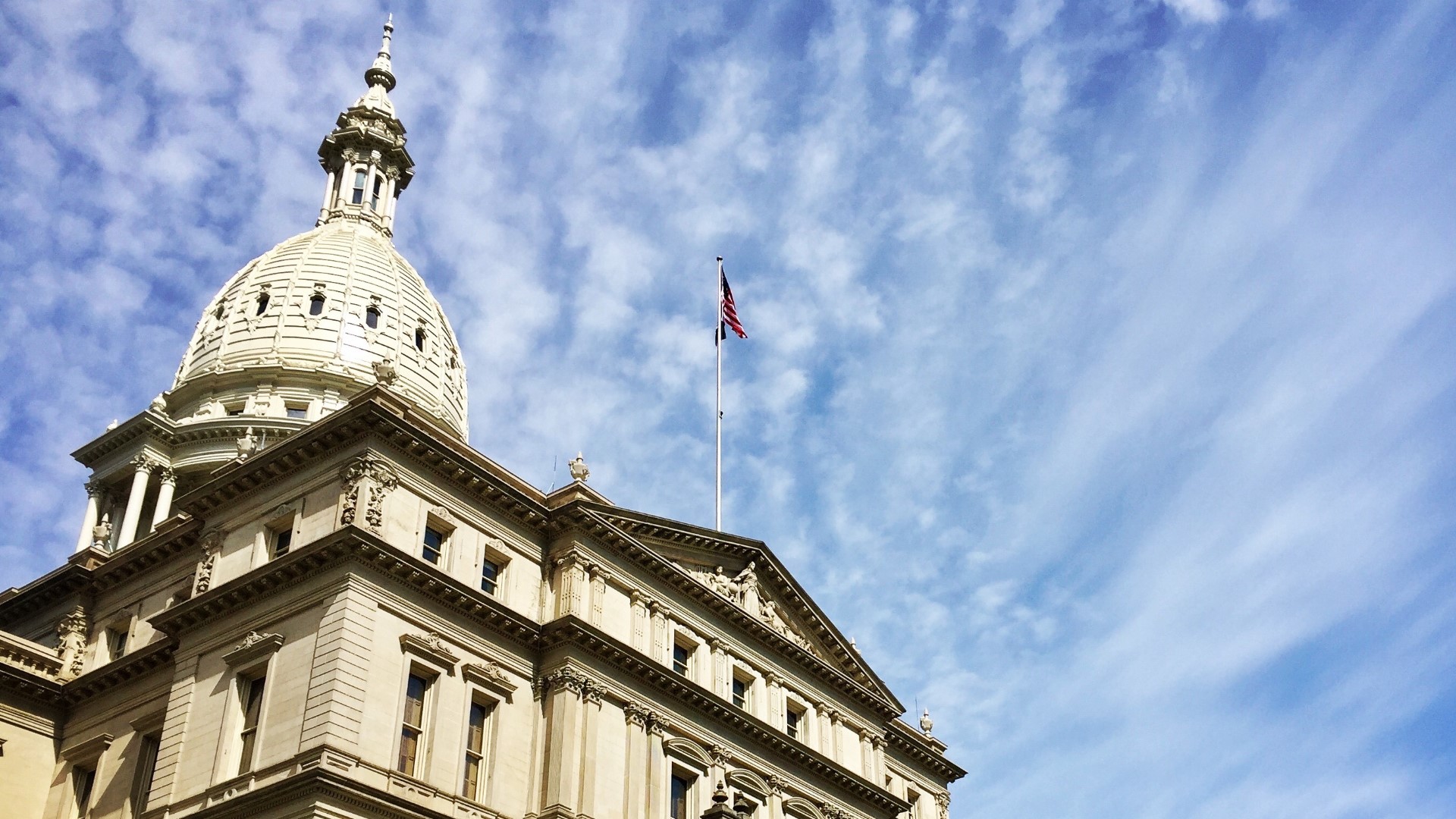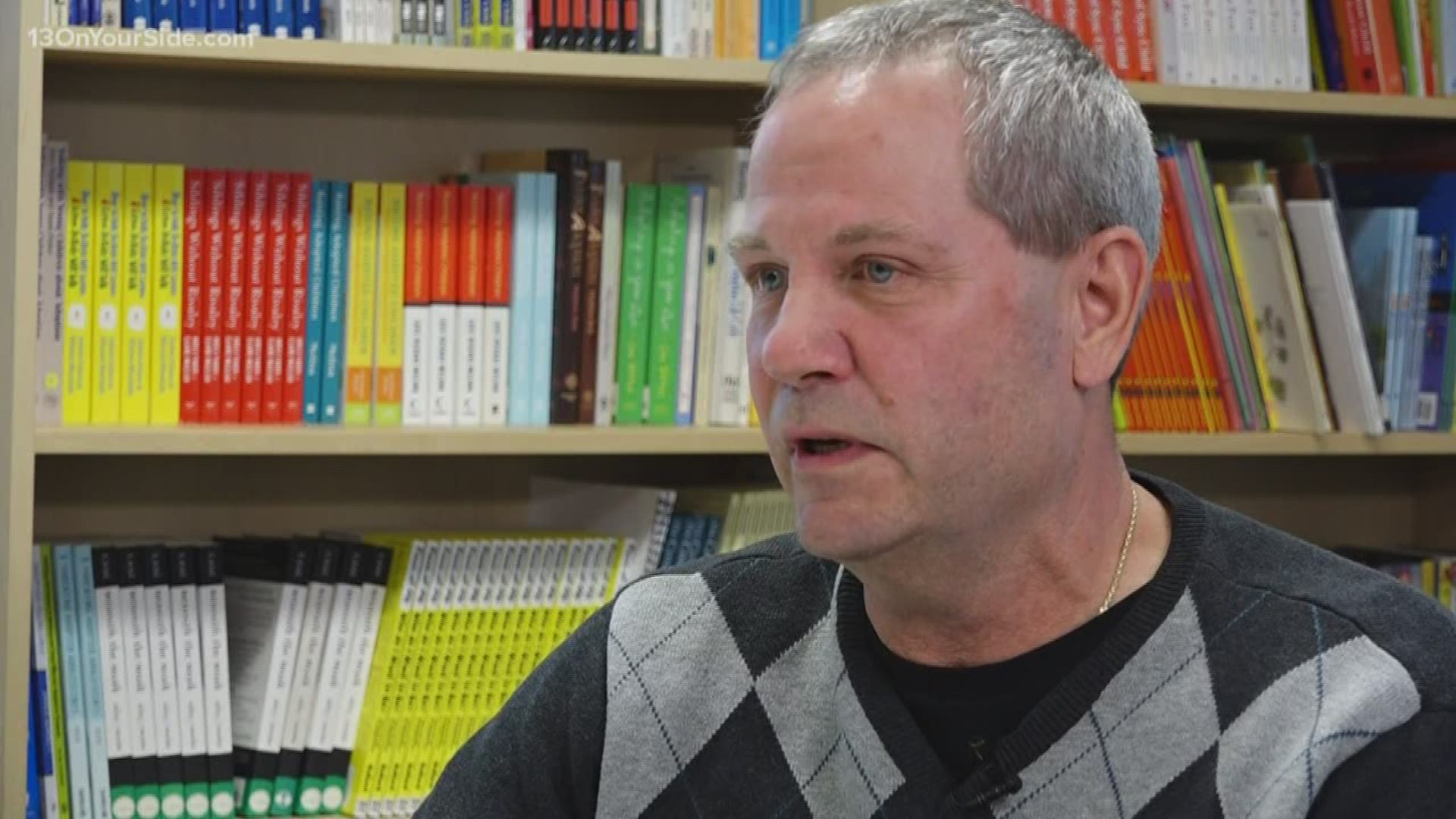LANSING, Mich. — Majority Republican lawmakers on Tuesday released an initial list of funding they want to restore following Democratic Gov. Gretchen Whitmer's budget vetoes, including scholarships for college students and a boost in aid for charter schools.
About two dozen supplemental spending bills were introduced in the Senate and House. The House also referred vetoed bills to committees, setting the stage for potential override votes.
It would take two-thirds majorities in each chamber to override a veto, which would be unlikely unless some Democrats break with Whitmer. She nixed nearly $1 billion in spending last week in a bid to get Republicans to compromise following a breakdown in talks over shifting discretionary general funds to road and bridge repairs.
Whitmer and legislative leaders plan to meet Thursday.
"This is strictly the Senate preparing for action in the event that we make an agreement with the governor or in the event that we don't find any common ground with the governor and feel that there are some programs that just can't sustain themselves without some consideration by the Legislature," said Amber McCann, the spokeswoman for Senate Majority Leader Mike Shirkey, a Clarklake Republican.
While GOP leaders said last week that the budget was "done" and it would be up to Whitmer to seek legislative help correcting her "mistakes," McCann said the introduction of the supplemental spending bills did not signal a change in course.
"This is simply us preparing for any possible action," she said. "We've had a lot of people reach out to express how detrimental the impact of the vetoes has been on their individual programs and operations across the state."
Whitmer, who will seek supplemental funding for a variety of her priorities that were not included in the final budget, has said items she vetoed could be saved if a deal is reached. McCann said Republicans' early list of proposed veto reversals is not meant to be exhaustive.
The bills proposed Tuesday would restore:
— $38 million for the Michigan Tuition Grant, a need-based scholarship for roughly 13,300 students attending 31-in-state private colleges.
— $35 million to give charter schools the same $240 per-student boost in funding that many traditional K-12 districts will receive.
— $27 million in payments to local governments who cannot collect taxes on state land.
— $13 million to cover the cost of about 120 sheriff's deputies who patrol county and local roads.
Other measures would reinstate funding for autism services and the response to the opioid epidemic, boost Medicaid reimbursement rates for hospitals, fund county veteran services and provide grants to schools to upgrade their security.
Big items that Whitmer blocked and which are not included in the supplemental bills — at least not yet — are funding for the Pure Michigan tourism and marketing program, the Going Pro campaign to recruit students into the trades, and county jails to house state inmates.
"It's clear Republicans agree the budget isn't done, and that's a good thing," said Whitmer spokeswoman Tiffany Brown, who reiterated the governor's priorities such as fixing the prisons budget, strengthening cybersecurity and hiring more literacy coaches. "If the Legislature wants to protect people, the governor is more than happy to negotiate on their priorities."
Whitmer is working with a Democratic senator to introduce a supplemental budget bill on Thursday, Brown said.
RELATED VIDEO:
Other stories about the Michigan budget on 13 ON YOUR SIDE:
►Make it easy to keep up to date with more stories like this. Download the 13 ON YOUR SIDE app now.
Have a news tip? Email news@13onyourside.com, visit our Facebook page or Twitter. Subscribe to our YouTube channel.


